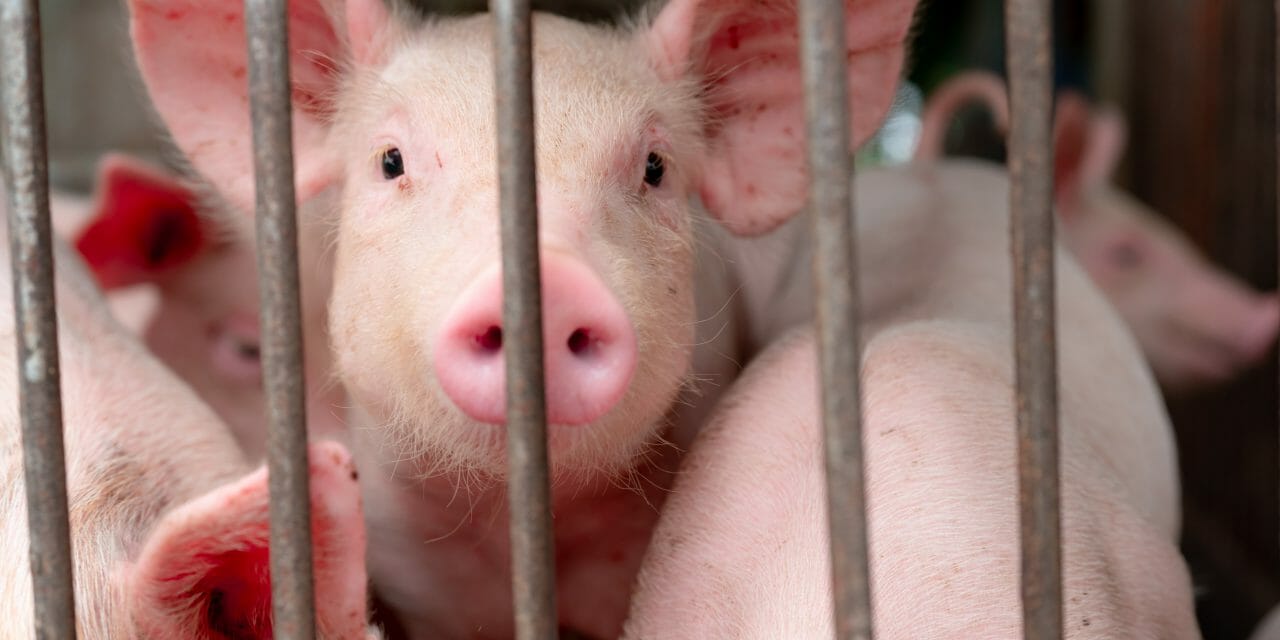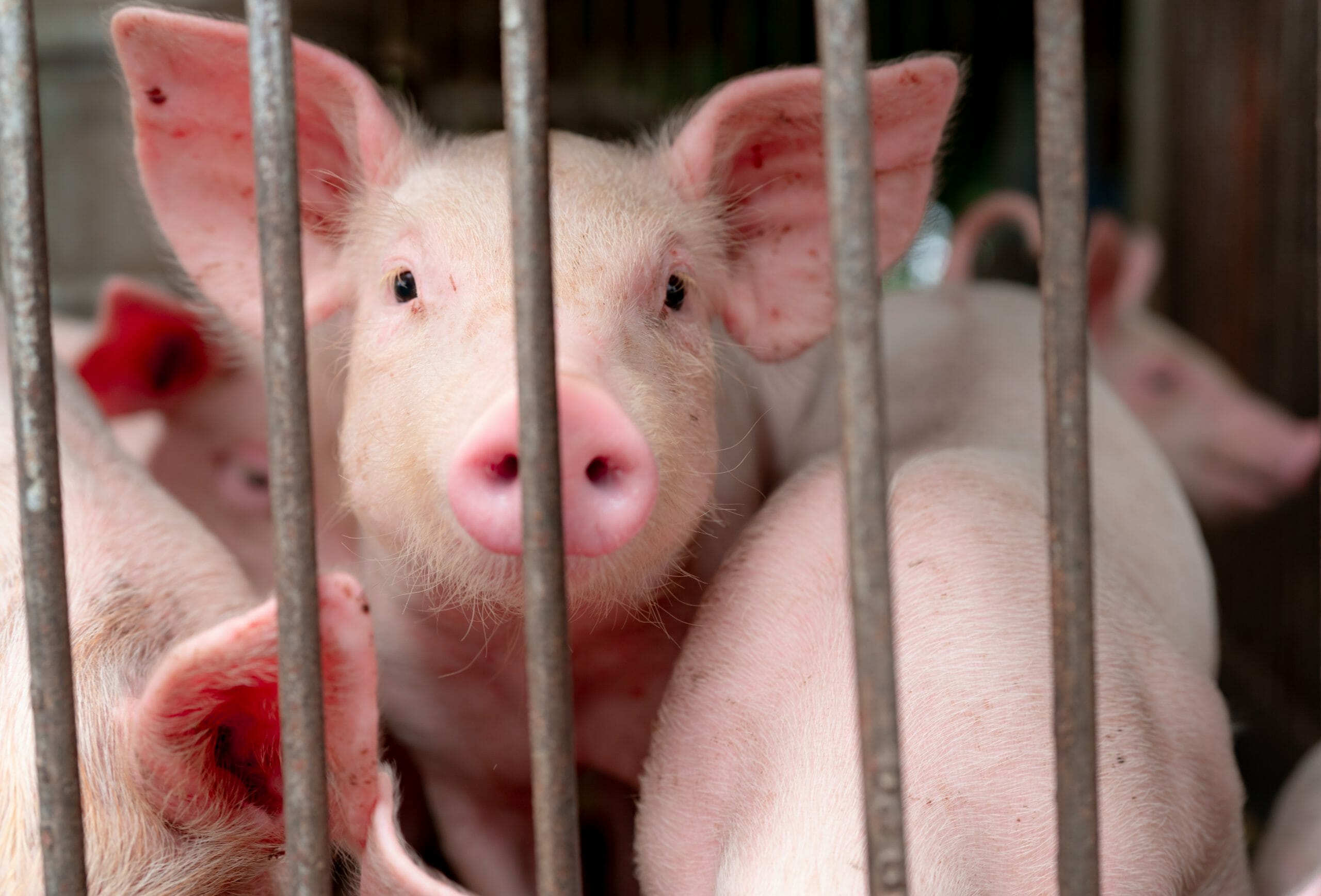Sunday, June 6, marked the 11th Annual National Animal Rights Day — a day that commemorates the millions of animals who lose their lives every year in food production, experimentation, entertainment and other human-caused abuses while also celebrating human-made progress to end their suffering.
More than 70 cities worldwide hosted in person or virtual events, including Los Angeles — which held its annual festivity on the north lawn of Pan Pacific Park, located at 7600 Beverly Boulevard, from 2:00 p.m. to 4:00 p.m. Pacific Standard Time (PST).
The in-person event featured a memorial ceremony, a reading of the Declaration of Animal Rights, and a celebration of progress with speakers, performers, and entertainment.
“This might be our last chance to show the public in a direct way the connection between eating animals and the pandemic (and all pandemics),” organizers wrote on the event’s Facebook page. “So we need you here now more than ever!”
The post noted that participants would observe social distancing, masking, and other COVID-19-related precautions during the event.
The first National Animal Rights Day (NARD) happened in 2011, an effort by nonprofit Our Planet, Theirs Too. The day gives a voice to all animals and raise awareness about the plights they face.
“We have gotten accustomed to relying on animals for almost everything we do,” NARD organizers wrote on the effort’s official website. “While we raise our children on books, puppets, films, and television shows revolving around animal characters, we have devised well-oiled systems, unimaginable in their cruelty, to raise, kill, and use every part of the same, real animals, for all our needs: food, fashion, cosmetics, household products, medicines, manual labor, sports, and entertainment.”
The organization notes slaughterhouse operations killed 150 billion animals worldwide in 2019 — with 15 billion land animals and 50 billion sea animals losing their lives in the United States alone. An additional 15 million U.S. animals died in laboratories, while 8 million were skinned and 250 million died by hunters, according to NARD.
“If these animals could freely talk, their cries would come from every farm, slaughterhouse, meat market, testing lab, breeding factory, fishing pond, hunting ground, circus, zoo, religious temple, pet store, city shelter, restaurant, and dinner table in every home on every street,” NARD wrote on its website. “These individual beings, who have a soul, a unique character, and a will to live, are just like us: they come in all shapes, colors, and sizes. Some of them have feathers, some of them have fur, some of them have paws, and some have tiny little legs. But they all share the very same thing we have in common too: they have the right to live. With their offspring and families. Happy and free.”
The Declaration of Animal Rights, created by NARD in 2011 and available in 23 languages, has more than 21,000 signatures to date.
The Declaration posits that animals, as sentient beings, have the right to life, liberty, and the pursuit of happiness and to exist free from exploitation, hunger, and pain.
“They are to be free from slavery, exploitation, oppression, victimization, brutality, abuse, and any other treatment that disregards their safety, own free will, and dignity,” the Declaration states in part. “They should not be slaughtered for food, killed for their skins, experimented on, killed for religious purposes, used for forced labor, abused and killed for sport and entertainment, abused for commercial profit, hunted, persecuted, or exterminated for human pleasure, need, or other ends.”
Organizers plan to send the Declaration to the White House, the United Nations, the European Union Parliament, and other world leaders once the count hits 50,000 signatures.
Sign the Declaration here or learn more about NARD and happenings near you on their website here.









